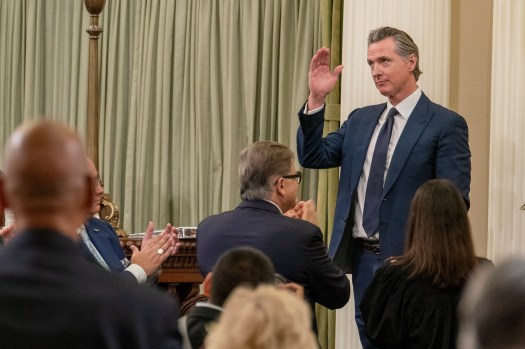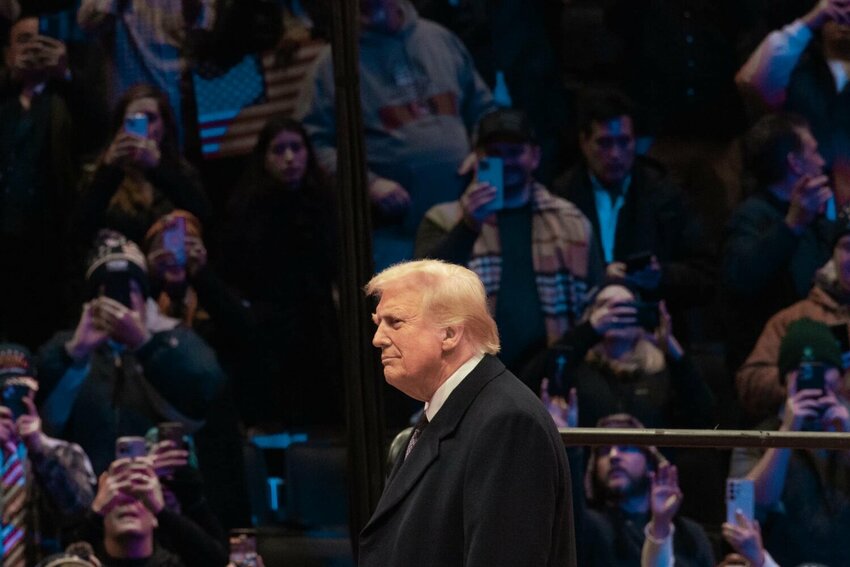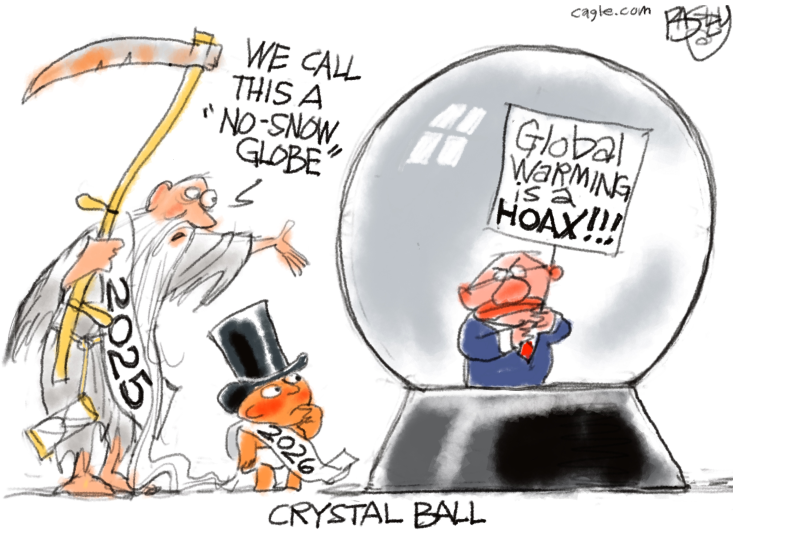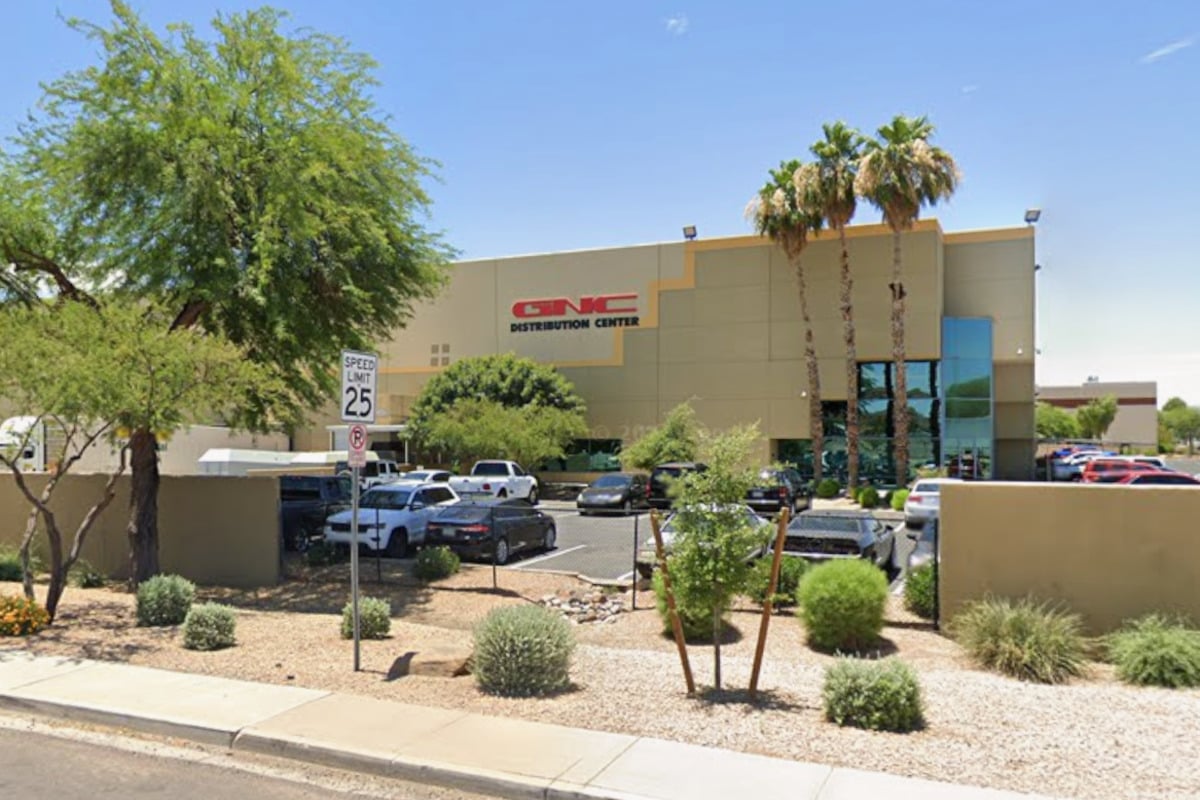
California Governor Gavin Newsom has finalized his decisions on legislation from the recent session, signing a total of 794 bills and vetoing 123 before the deadline of October 12, 2023. His choices reflect a complex interplay of political considerations, particularly as he contemplates a potential presidential run.
Newsom’s vetoes included five bills related to reparations, which aimed to provide advantages in university admissions, business licenses, and access to a state home-loan program for the descendants of enslaved individuals. These measures were crafted to navigate California’s prohibition on racial quotas, but Newsom deemed them legally questionable. As noted by KQED, the governor’s stance appears to be influenced by a desire to maintain a favorable public image on the national stage.
In addition to the reparations bills, Newsom vetoed Senate Bill 771, which proposed a civil action against social media platforms that could have compromised First Amendment rights. The bill sought to strip large social media companies of their publisher status, which could have led to extensive legal battles over free speech and alienated potential political supporters.
Despite his cautious approach to reparations and social media regulation, Newsom has reinforced his commitment to gun control. He signed Assembly Bill 1127, which prohibits the sale of new Glock models equipped with a switch enabling conversion to automatic fire. This controversial move is expected to trigger a legal challenge under the Second Amendment, highlighting the ongoing tensions surrounding gun legislation in the state.
The governor also enacted a variety of laws that have drawn criticism for their implications. One such bill bans sweepstakes-style online games, a move seen as catering to the interests of California’s tribal communities, which have exerted influence to stifle competition in the gaming sector. Additionally, a measure allowing Bay Area transit agencies to propose a sales tax ballot is viewed as a response to declining ridership and budgetary excesses within these systems.
Newsom’s legislative choices are not without their contradictions. While he vetoed a bill aimed at banning non-stick cookware, he also approved Assembly Bill 435, which imposes a five-step test for rear-seat seat-belt use for shorter teenagers. Critics argue that such regulations may lead to confusion among parents and unnecessary traffic citations.
On a more significant note, Newsom signed Senate Bill 79, facilitating the construction of high-density apartments and condominiums near transit stops in eight California counties. This deregulatory measure aims to address housing shortages, although there are calls for further reductions in regulatory barriers to encourage the development of market-rate single-family homes that many Californians prefer.
As political analyst Chris Micheli pointed out, the sheer volume of new laws passed this year raises questions about their overall effectiveness and public reception. With 794 new laws in place, voters will ultimately determine the political repercussions for Newsom’s decisions as he navigates a complex legislative landscape in the lead-up to his potential presidential bid.
In summary, Governor Newsom’s recent actions reflect a balancing act between addressing pressing issues in California and managing public perception on a national scale. His decisions are likely to shape the political discourse in the state and may have broader implications as he considers his future ambitions.







